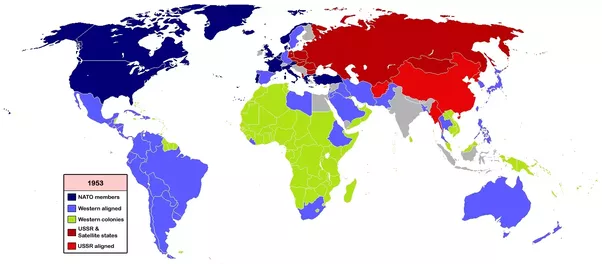The Chandrayaan -3 mission was a testament to the prowess of ISRO. Also a glowing tribute to Indian science and technology.
We tend to relate to the moon in various ways, through stories, myths or even as a symbol of beauty and that is why it catches the public imagination even more. But ISRO has a long series of accomplishments. Over 60 odd years, ISRO has completed 124 spacecraft/satellite missions, 93 launches and 431 international customer satellite launches.
The key milestones range from the first rocket launch (1962), the first satellite launch (1975), the launch of own rockets for satellites (1980), space capsule recovery (2007); Chandrayaan 1, the moon impact probe(MIP) reached the surface of the moon (2008), and Mangalyaan, a space probe, that reached and stayed on the orbit of Mars after a 298-day journey (2013).
Promoting scientific temper is important and the constitution recognises it too. Science does contradict most things religious, so by extension many deeply held beliefs around which we conduct ourselves. This does not make it easy to convert people to growing a deep faith in science.
On top of that people in positions of influence who get a large amount of media space, try to legitimize anti-science discourse with their comments ranging from condemning Darwin ( as important a figure as Newton), or dragging in stories from epics and passing them off as scientific claims. Recently, the country arguably paid a heavy price for several unscientific acts during COVID-19.
Tweeting, speaking and celebrating the lunar mission; a signature scientific and technological achievement is desirable but it is meaningless without genuinely promoting scientific temper.


